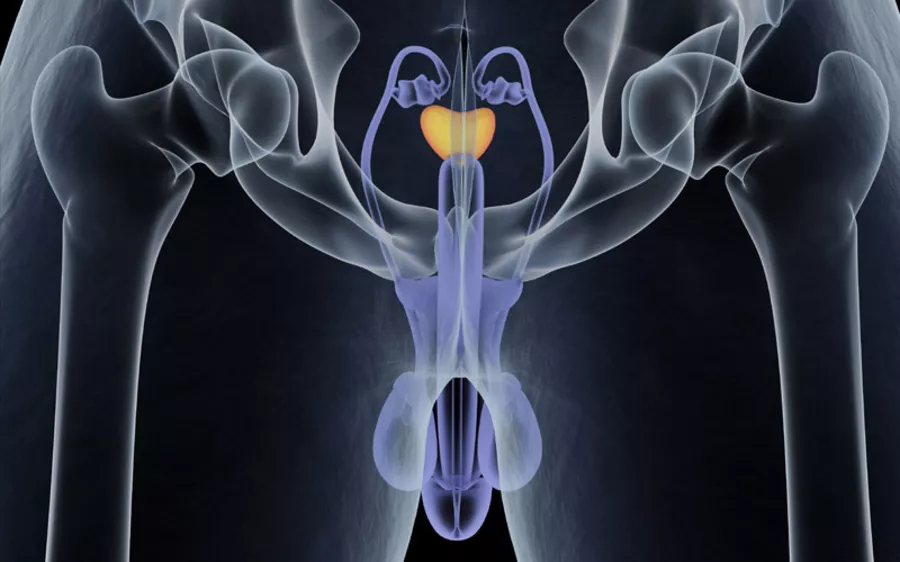Prostate Cancer
The prostate is a gland in the male reproductive system that helps make and store seminal fluid. Generally prostate cancer will develop from the gland cells.

Prostate cancer is the most common cancer amongst New Zealand men with around 4,000 cases registered each year. Many prostate cancers do not cause any symptoms for many years. Most are slow growing and rarely spread to other parts of the body.
In more detail
Prostate cancers are commonly slow growing, but can cause problems once the cancer grows too big. This will cause the prostate to squeeze the urethra, which it surrounds, making passing urine difficult.
Although it is rare, prostate cancer can metastasise to other parts of the body. Those that do, tend to appear in the lymph nodes, lungs, bones and the liver.
Radiation therapy is used in cases where a low-grade cancer is still confined within the prostate gland. It may also be combined with hormone therapy to treat prostate cancers that have grown into nearby tissues. This can reduce the size of the tumour where a cancer is not completely removed or recurs after surgery. For slow-growing tumours, radiation therapy for prostate cancer is often used simply to reduce the size of the cancer and provide relief from symptoms. In other cases it can be used as an alternative to prostate surgery.
ARO invested in a high-precision radiation oncology system called CyberKnife which dramatically reduces the treatment time and impact of radiation therapy on patients. Auckland Radiation Oncology is the first radiation oncology provider in New Zealand to offer this next wave of cancer treatment.
CyberKnife is extraordinarily accurate, enabling it to treat the prostate cancer, while minimising damage to the surrounding area, helping deliver better patient outcomes. Instead of up to 20 rounds of radiation over four weeks for prostate cancer, with the CyberKnife patients will likely only need five highly targeted 30 minute treatment sessions.
Talk to your Urologist, GP or Radiation Oncologist about whether CyberKnife robotic radiotherapy is the right treatment for you. Learn more about CyberKnife and prostate cancer.











